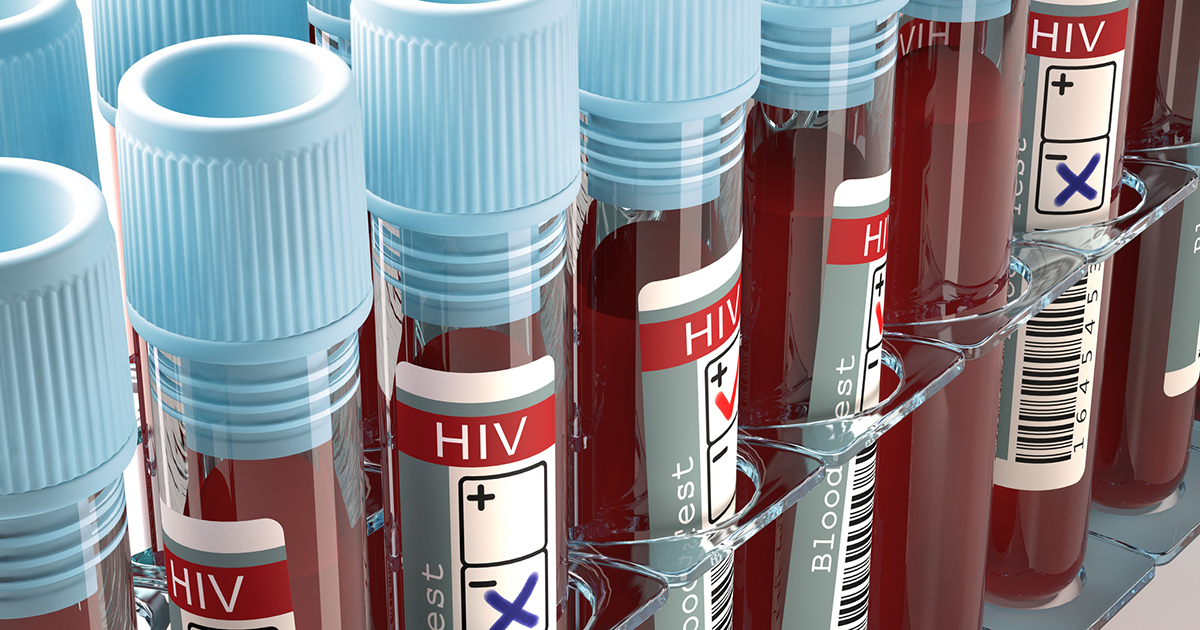Uncommon Autoimmune Diseases Everyone Should Be Aware Of
Diabetes, lupus, and multiple sclerosis are just a few of the common autoimmune diseases a majority of the population are aware of and even support. But what about the autoimmune diseases that are uncommon or not as well-known? You might have heard about these illnesses before from the media or in books, however, are you truly aware of the causes and how to properly treat these conditions? Learn more now about HIV/AIDS, endometriosis, vitiligo, and many more autoimmune diseases affecting millions of individuals around the world, but are receiving less attention in the press or have a negative reputation, and therefore, are not as discussed.
What Is An Autoimmune Disease?

Immune system disorders can happen to anyone at any age and of any ethnicity. These disorders occur due to abnormally low activity or overactivity of the immune system, where the body attacks and damages its own tissues and creates antibodies to destroy these tissues and organs. This results in the decrease in the body's ability to fight foreign invaders - such as the common cold or flu - causing the individual to become more prone to infections and the development of other diseases.
Many of these disorders do not have a cure, however, with treatment can be managed and allow an individual to live a normal and fulfilling life. A number of these diseases can be fatal if left untreated. Fortunately, with early diagnosis and an effective treatment plan, many individuals survive and even thrive with the disease.
What Is HIV/AIDS?

Since its inception into mainstream society in the 1980s, HIV/AIDS has received global attention due to its classification as a pandemic. This is a disease outbreak present in a large area and actively spreads infecting multiple people. From its discovery through to 2014, HIV/AIDS has resulted in thirty-nine million deaths worldwide. Since 2016, approximately 36.7 million individuals are living with this disease, with over one million deaths so far and the majority of the infected population residing in sub-Saharan Africa.
This well-known infection is spread primarily through unprotected sex, contaminated blood transfusions, hypodermic needles, and from an infected mother to her child during pregnancy, delivery, or breastfeeding. HIV/AIDS is a spectrum of numerous autoimmune conditions caused by infection with the human immunodeficiency virus (HIV). Following the initial infection, a patient may not experience any symptoms or may undergo a brief period of influenza-like illness.
